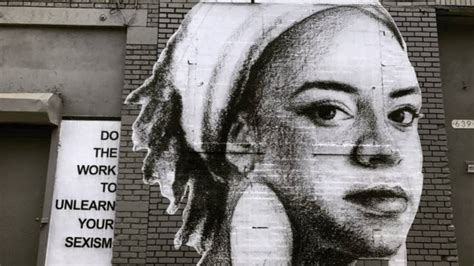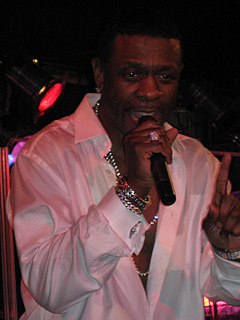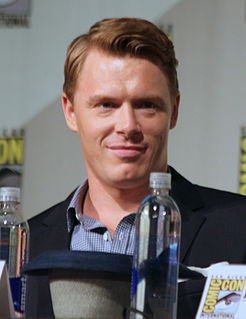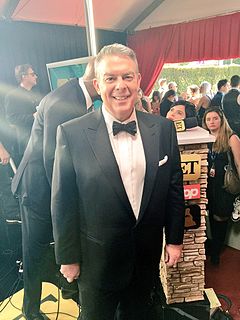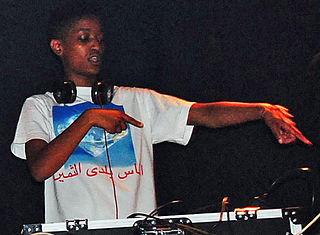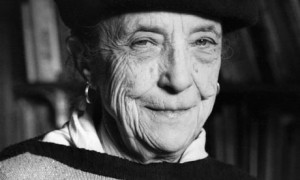A Quote by Gina Prince-Bythewood
I thought that the R&B / Hip-Hop world really hasn't been explored on film and there's some issues that we're going through right now. It's in a very dangerous place , for women especially, both in terms of the songs that men are singing about. You know, R&B used to be a safe place for women and now it just seems like the songs coming out are so angry but also what women have to come out with. You have to get noticed. You see, it's like a script to follow. You come out hyper sexualized but what happens when you can't pull back from that. That's not authentic to yourself.
Quote Topics
About
Also
Angry
Authentic
Back
Been
Both
Come
Coming
Coming Out
Dangerous
Dangerous Place
Explored
Film
Follow
Get
Going
Happens
Hip
Hip-Hop
Hop
Hyper
Issues
Just
Know
Like
Men
Noticed
Now
Out
Place
Pull
Really
Right
Right Now
Safe
Safe Place
Script
See
Seems
Singing
Some
Songs
Terms
Thought
Through
Used
Used To Be
Very
Women
World
Yourself
Related Quotes
Now I'm sixty-one... sixty-two, pretty soon. It's a really interesting age. Now we have women of your age, and coming up, and all these fantastic writers, who have managed to have their children but continue with their art, their work. I think women are doing the most interesting writing right now, the most interesting art. I see everything through this lens, of women finally taking their place in the world. Their true place. And it's very, very exciting to me.
I feel like we're looked at as either completely nonsexual characters or overly sexual characters, and I feel like that affects how we're treated in the public space by men. I believe that women of color experience street harassment in a very hyper way. So I wanted to draw these women in their very normal, regular states and put those images out there in the public for people to see, instead of these other, very sexualized, images of women.
Just because I write some songs about bad women, though, that doesn't mean I hate women. I've written songs that show great love and respect for women too. Songs that talk about strong, upstanding women and their pain. I have women working on my music. They understand where I'm coming from. So does my mama. I always play my music for her before it comes out. Why do you think I wrote "Dear Mama"? I wrote it for my mama because I love her and I felt I owed her something deep.
It's the fault of the chess players themselves. I don't know what they used to be, but now they're not the most gentlemanly group. When it was a game played by the aristocrats it had more like you know dignity to it. When they used to have the clubs, like no women were allowed and everybody went in dressed in a suit, a tie, like gentlemen, you know. Now, kids come running in their sneakers. Even in the best chess club-and they got women in there. It's a social place and people are making noise, it's a madhouse.
Things are so busy and so quick, and there’s so much going on, you have to realise the time when you have to take a step back, take a breath and really think back to where you come from. I’m from a very, very rural place. There’s really nobody out there, just roads and farms. I had a long transition to get to where I am now. I moved away when I was young, when I was about 19. I’d literally come from an area with dirt roads and stuff like that, right to the centre of a city of about five million people. It’s been great. I’m based in New York and every day it's amazing.
One of our rules for the show, I guess the filter we try to pass everything through, is it's a safe place for women to be. It's not a show for women, because we're basically 50/50 men/women in our audience, but it's a safe place where women win. Women never lose on our show. I think that's very important. It's very unusual.
I read a lot of studies about the fact that there is a bias in the way health care is doled out, down to the fact that most medical studies are done on men, not women, so most dosages are planned for men, not women, and on and on. And more than that, women's pain is gauged differently and their complaints are received differently. And the idea that there's a place where you can go where everything is geared toward you, as a woman, is great. But it's a shame that we need to find places that are "safe" when the world, the whole world, should be a safe place.
Many women, particularly young women, have claimed the right to use the most explicit sex terms, including extremely vulgar ones, in public as well as private. But it is men, far more than women, who have been liberated by this change. For now that women use these terms, men no longer need to watch their own language in the presence of women. But is this a gain for women?
In this time, we incorporate money and media, and it's split up like apartheid, where when you say "hip-hop," you think just rap records. People might have forgot about all the other elements in hip-hop. Now we're back out there again, trying to get people back to the fifth element, the knowledge. To know to respect the whole culture, especially to you radio stations that claim to be hip-hop and you're not, because if you was a hip-hop radio station, why do you just play one aspect of hip-hop and rap, which is gangsta rap?
There are many things that black women can continue to do to help black folk. First, black women have historically been among the most vocal advocates for equality in our community. We must take full advantage of such courage by continuing to combat the sexism in our communities. Black women, whether in church, or hip-hop, don't receive their just due. Second, when black women are in charge of child-rearing, they must make ever so sure to raise black children who respect both men and women, and who root out the malevolent beliefs about women that shatter our culture.
Women had to work like slaves in the art world, but a lot of men got to the top through their charm. And it hurt them. To be young and pretty didn't help a woman in the art world, because the social scene, and the buying scene, was in the hands of women - women who had money. They wanted male artists who would come alone and be their charming guests. Rothko could be very charming. It was a court. And the artist buffoons came to the court to entertain, to charm. Now it has changed, now the younger men are in - older women and younger men.



